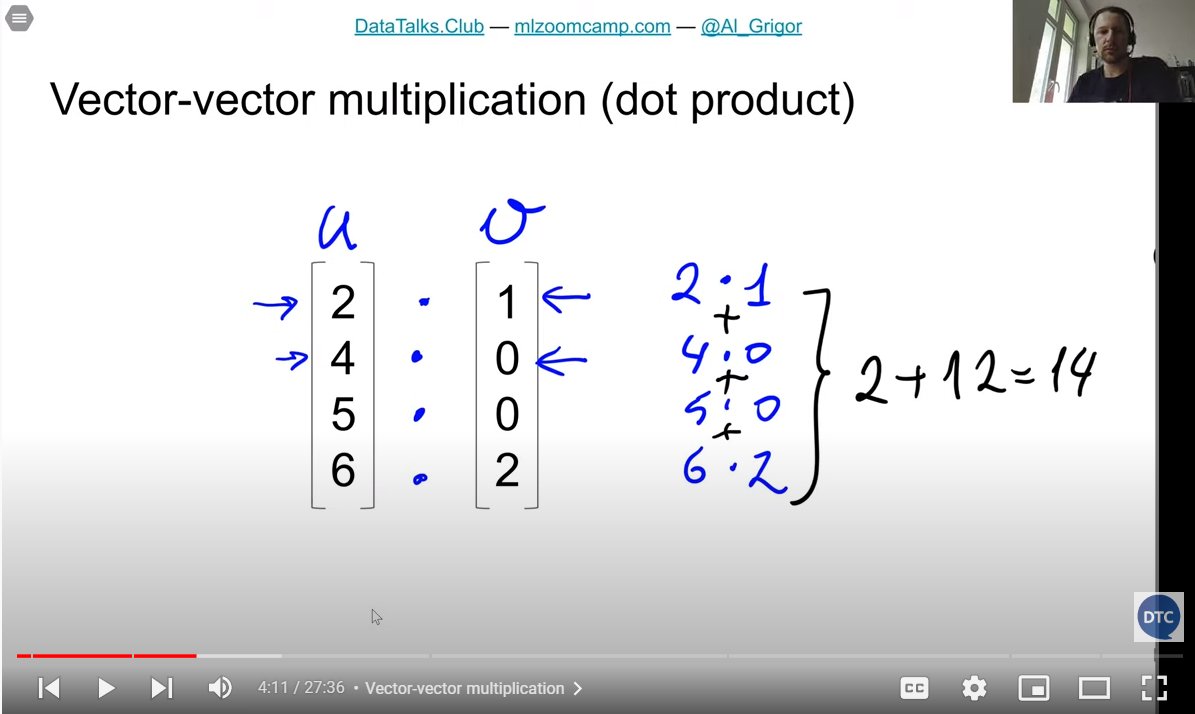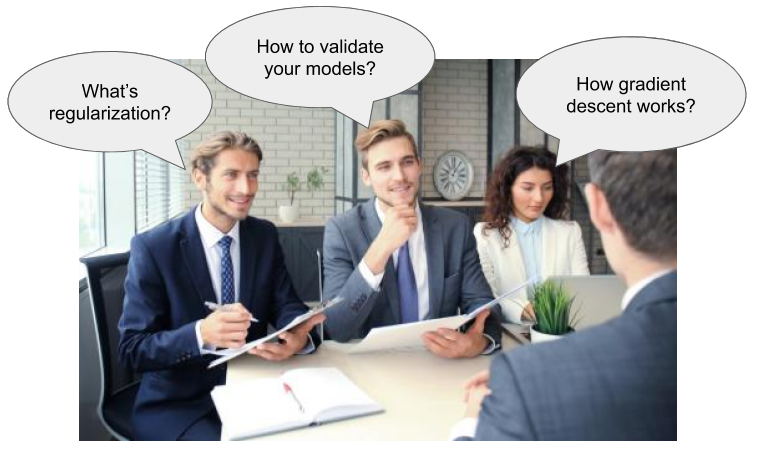
Build an AI agent that you can use at work
AI Bootcamp: from RAG to Agents
Sign up here: https://t.co/e17fD8uFCL
2 subscribers
How to get URL link on X (Twitter) App


 The ROC curve of the ideal model goes to FPR=0% and TPR=100%
The ROC curve of the ideal model goes to FPR=0% and TPR=100% 

 We'll use a more modern example: Churn prediction
We'll use a more modern example: Churn prediction
 Let's use the churn prediction example
Let's use the churn prediction example
 To understand it better, it helps to think how the model is applied
To understand it better, it helps to think how the model is applied

https://twitter.com/Al_Grigor/status/1567143375765180416


https://twitter.com/Al_Grigor/status/1356611658932760576
https://twitter.com/Al_Grigor/status/1352595002992504838





 Interview questions are typically based on what the company needs and/or projects you have worked with previously.
Interview questions are typically based on what the company needs and/or projects you have worked with previously.